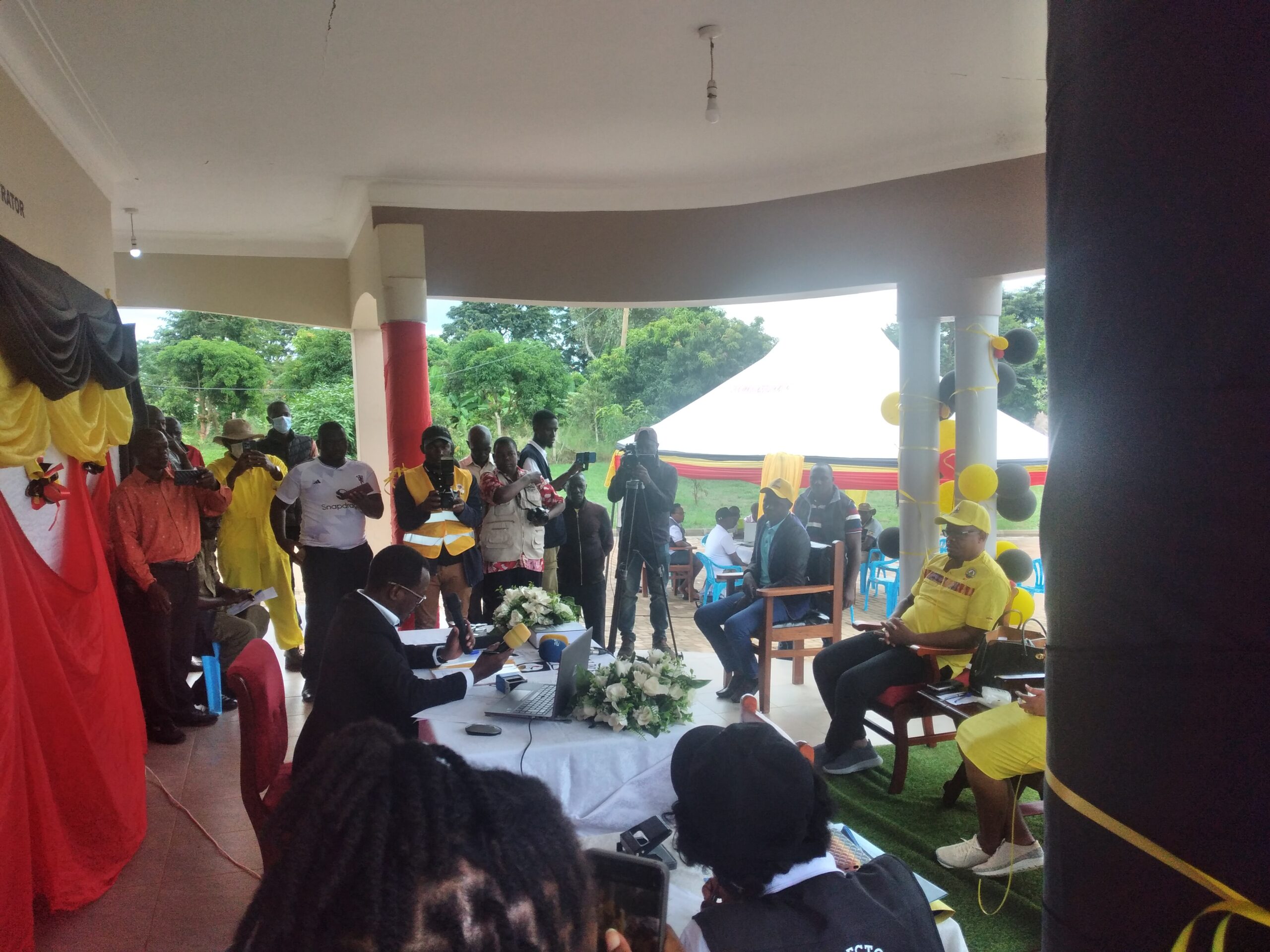
Ugandan Legislators Support Proposal to Downsize Parliament for Better Efficiency and Cost Savings
A section of Ugandan legislators has expressed support for a proposal to reduce the number of members of parliament, arguing that it will lead to better debates, reduce congestion, and lower public expenditure. The proposal was discussed during a debate on the National Development Plan (NDP) IV with the National Planning Authority (NPA).
Several MPs have endorsed the idea, citing the significant amount of public money spent on maintaining a large number of parliamentarians.
Isamat Abraham, the Member of Parliament for Kapir County, welcomed the proposal, suggesting that downsizing would not only improve the quality of legislative work but also enhance the selection process. He argued that with fewer MPs, political parties would be more inclined to choose the most qualified candidates, including those with higher academic qualifications than the current standard of a mere S6 certificate or its equivalent.
He emphasized, “Electorates should be able to judge the candidates based on their knowledge and qualifications. A reduction in the number of MPs will undoubtedly improve the quality of legislation.”
Isamat also proposed a system where each district would be represented by one male and one female MP, a structure that could improve parliamentary oversight. He pointed out that the current system, with varying levels of activity among MPs, could be more efficient if there were fewer representatives. “In a district with just two MPs, both would be required to work effectively, and I believe this could bring positive change,” he added.
Steven Bakka Mugabi, the Chairman of the Legal Affairs Committee and MP for Bukooli North, also supported the reduction in parliament size, stressing that it would be a necessary step in reducing government spending. He argued that cutting public expenditure should go beyond merging departments to address the high costs of running an overcrowded parliament.
MP Dennis Nyangweso of Samia Bugwe South expanded on this, suggesting that cost-cutting measures should extend beyond parliament to include the cabinet and other government officials. He noted that the NPA, which is tasked with planning, had highlighted the burden of an oversized government and the need to streamline operations. “Reducing the number of MPs is just one step towards reducing public expenditure, and the government should be committed to this,” Nyangweso explained.
Bubulo MP John Musira proposed that Uganda could follow Kenya’s example by limiting its parliament to fewer than 300 members, which includes both the upper and lower houses. He suggested that such a reduction could cut parliament’s budget from the current 900 billion shillings to half, leading to substantial savings.
Acibu Agnes, Woman MP for Nebbi District, echoed the sentiment, noting that having one male and one female MP per district would also support women in politics, who have often been underrepresented. She pointed out, “We should not only focus on downsizing MPs but also on other areas where savings can be made to reduce public expenditure.”
Agago MP Okot Amos added that the current 529 MPs are too many for effective debate, and a reduction would make the legislative process more efficient.
As discussions continue, many legislators are advocating for a leaner, more cost-effective parliament that would both improve governance and ease the strain on public finances.




